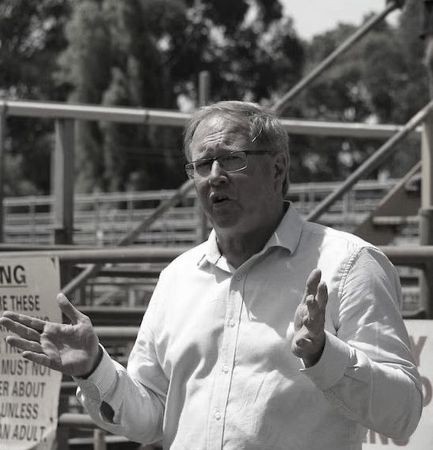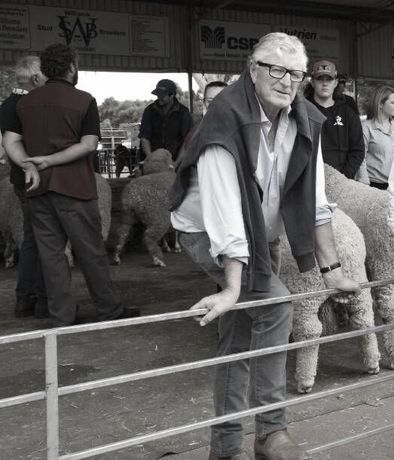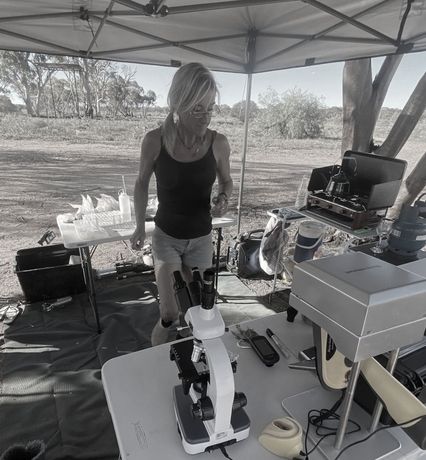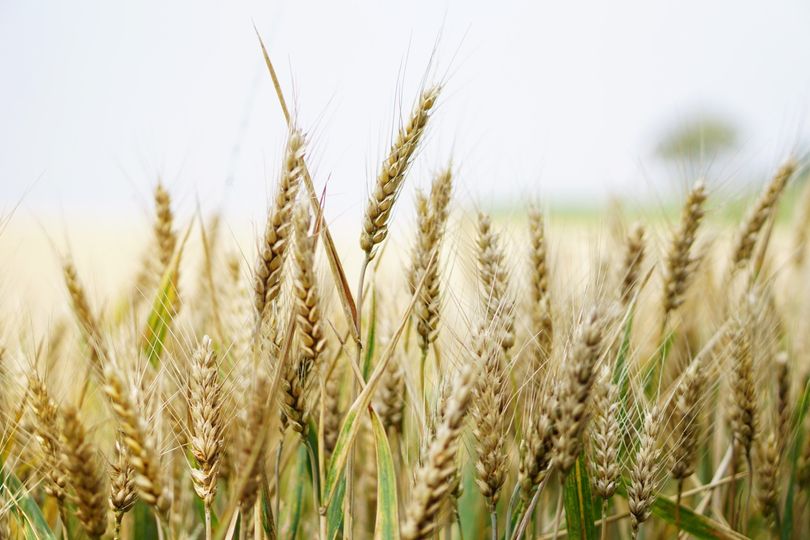Board & Directors

Mark Lewis - Director
Mark was a founding member of Ai Carbon, a carbon project developer which now has tier one international companies like Mitsubishi, Rio Tinto Osaka Gas and Bentleys Accountants as Board members and shareholders. Mark is also a former WA Minister for Agriculture and Food and was a member for the Mining and Pastoral Region in the WA Legislative Council from 2013 to 2017.
He was a founding board member of the federal Regional Investment Corporation (charged to deliver a $4B concessional loan facility) and up until recently a member of the Climate Change Authority (which advises federal Ministers and government on related matters) and several public (limited) and private companies and start-ups. Mark has a lifetime of involvement in agriculture and rural communities and years of engagement in water resource development and more recently carbon and environmental markets.
Mark holds a Master of Applied Science, AdvDip Management and GradCert Management. His under-graduate studies were in the Animal Health field.

David Webster - Director
David, a former farmer has dedicated his entire life to the Australian agricultural industry. Beyond his personal enterprise he was instrumental in rebuilding the wool sector following the collapse of the Reserve Price Scheme. Much of his work was voluntary, contributing significantly to the development of the R&D and marketing bodies established under the Wool Privatisation Act of 2000.
David served as a director of Australian Wool Innovation (AWI) for 15 years, where he addressed various issues related to the company's obligations in research, development, and marketing of the Australian wool clip. Additionally, he was nominated by AWI to serve as a director of the Australian Wool Testing Authority (AWTA), a position he held for 17 years. During his tenure, AWTA's extensive laboratories worked continuously with R&D to develop better practices and David is highly regarded for his contribution to this work.
David's experience in these roles has underscored his recognition of the critical need for in-situ testing and more comprehensive analysis across agriculture as a whole,

Bronnie Kemp - Head of Research
Bronnie brings a rich and diverse background spanning biochemical science, animal science, soil science, agriculture, and software development. With a passion for emerging technologies and a talent for visualizing creative solutions, she is known for her ability to see the 'big picture' and devise multi-disciplinary solutions to problems.
More than a decade ago, Bronnie started developing a software application designed to automate soil laboratory results and optimize fertiliser recommendations for the turf and horticultural industries. Driven by the challenges and inconsistencies of traditional laboratory testing methods, she began exploring alternative techniques. This exploration and dedication to researching better methods led to the concept of Lambda. Her continued strive to establish Lambda as a 'lab of the future' that seamlessly integrates instrument control, data capture, and comprehensive sample lifecycle visualisation, propels Lambda to the forefront of innovation.



